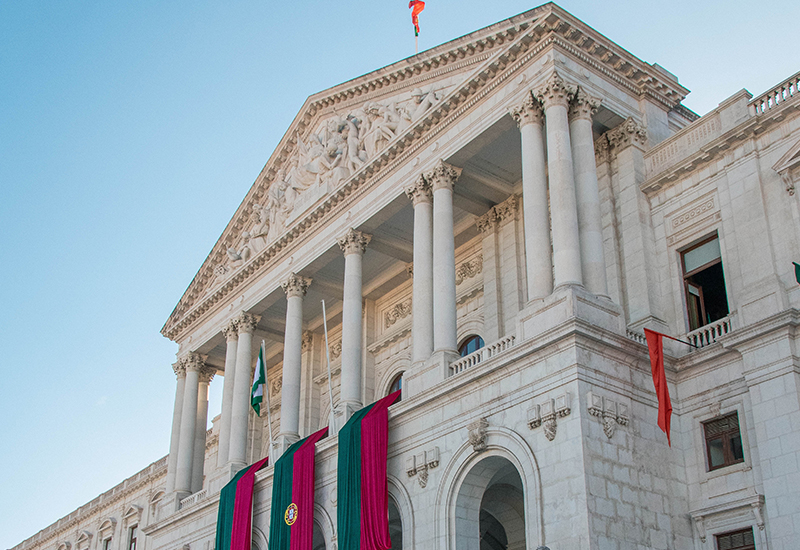The government elected in 2022 is no more. Last month the prime minister resigned amidst a swirl of corruption allegations and the president of the republic opted to dissolve the parliament and call new elections in March. But it’s far from clear if this will restore political stability.
António Costa, the leader of the Portuguese Socialist Party (PS), became prime minister in 2015 and secured his third term in office only last year after a convincing election win. His ability to increase his support in successive elections was largely down to Portugal’s strengthening economy, with decent levels of growth and a steady reduction in government deficits and public debt. There was criticism that his government was not doing enough to tackle the cost of living crisis or the boom in house prices.
But the end of his tenure in office had nothing to do with policy issues. An investigating judge has been looking into the letting of contracts on three major infrastructure projects:
A large lithium mining project in the north of Portugal, where two mining concessions have been given to the Portuguese company Lusorecursos and the UK firm Savannah Resources
A 100-megawatt hydrogen production hub in Sines, led by the H2Sines consortium
A large-scale data centre in Sines to meet demand from global tech firms led by US and UK investors
Last month, the judge issued a number of arrest warrants, including Costa’s chief of staff, Vitor Escaria. The allegations cite malfeasance, corruption of elected officials and influence peddling. As soon as the arrests were announced, Costa resigned as prime minister, although he has not himself been cited by the judge. Costa insists he has done nothing wrong but stood down because of the proximity to him of those involved. In recent years, ten officials have resigned from Costa’s government under suspicion of corruption.
Following Costa’s resignation, the president of the republic, Marcelo Rebelo de Sousa, had two options – to ask the ruling PS to find a new leader and prime minister or to dissolve the parliament and call fresh elections. Costa urged the president to take the first option, arguing that his government’s mandate was still fresh. He suggested that he be replaced by Mário Centeno, currently governor of the Bank of Portugal and previously finance minister in Costa’s government. However, after consultation with other parties and with the advisory Council of State, de Sousa opted for fresh elections to be held on March 10. The current parliament is being given time to pass the 2023/4 budget, after which it will be dissolved.
The first job for the PS will be to find a new leader and candidate for prime minister. The first to declare his interest was Pedro Nuno Santos, a former minister of infrastructure. But he, too, resigned over the scandal of hefty severance payments to TAP officials. So the field of candidates is likely to widen. Whoever takes over will face the challenge of disassociating the party from the corruption allegations that have dogged many of its officials and which led to Costa’s sudden departure. After the party’s strong showing in the 2022 election, when it secured 41% of the vote, it is now at 29% in the latest polls.
The election is also a challenge for the main opposition party, the conservative Social Democrats (PSD). They ran in a poor second in 2022 on just 29% of the vote. But their rating has dropped further, with current polls indicating support at around 26%.
Both the main parties have three months in which to attempt to build their support up to the 40% level, where Portugal’s proportional voting system would give them a fighting chance of securing a parliamentary majority. But it’s a big ask for both parties. The election may well not produce an outright winner, in which case it will be followed by coalition negotiations.
There are a number of small left-wing parties to whom the PS could reach out for a coalition – as they have before. The PSD’s options are more limited. Much interest will now focus on the performance of the populist, anti-establishment Chega party, currently running at 14% in the polls. PSD leader Luis Montenegro has so far ruled out the possibility of any alliance between the two. Other centre-right groups are unlikely to win many seats, so his coalition options are far from clear.
The long election campaign starts now.
James Plaskitt was an MP in Tony Blair’s government in the UK and is now retired in the Algarve.













